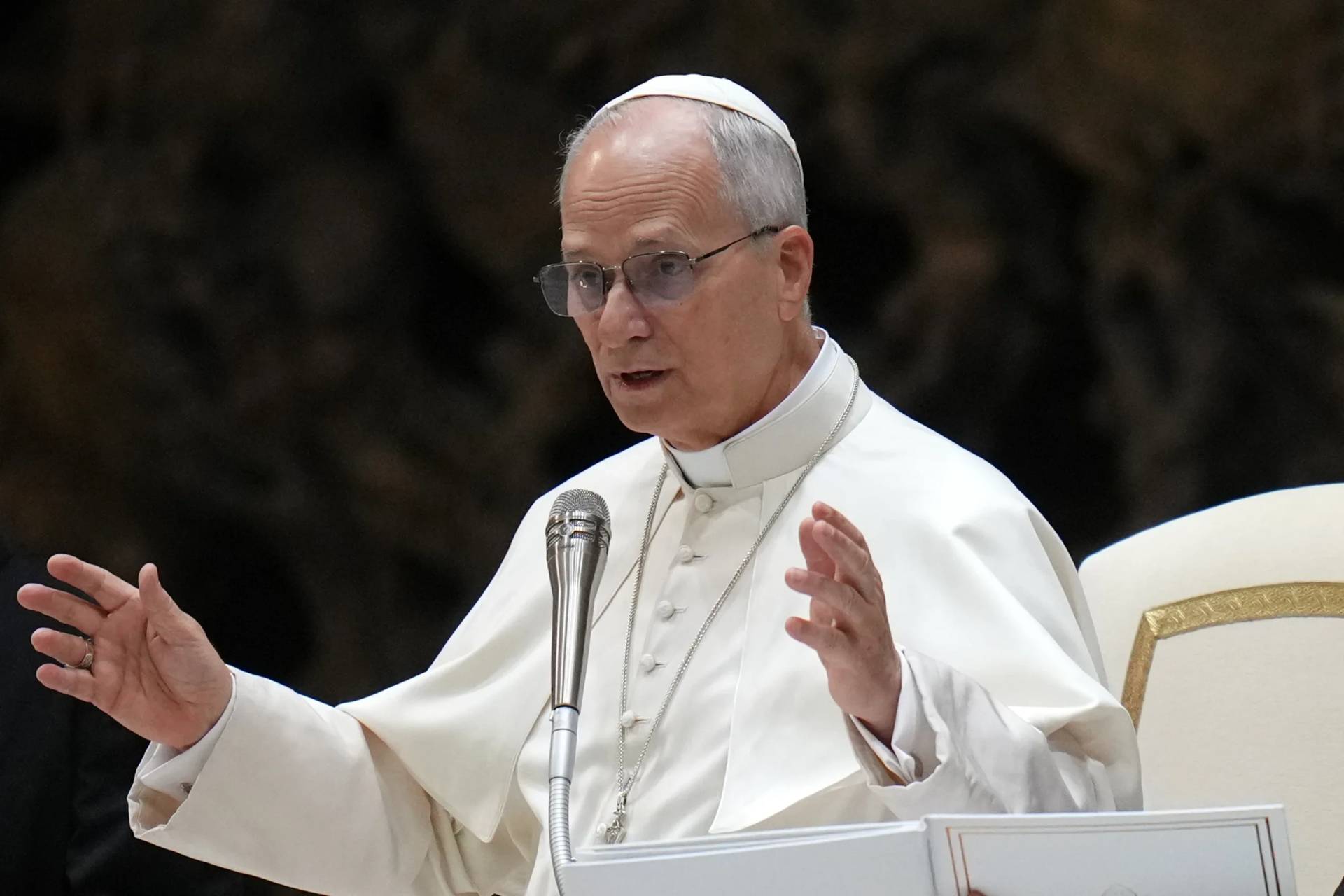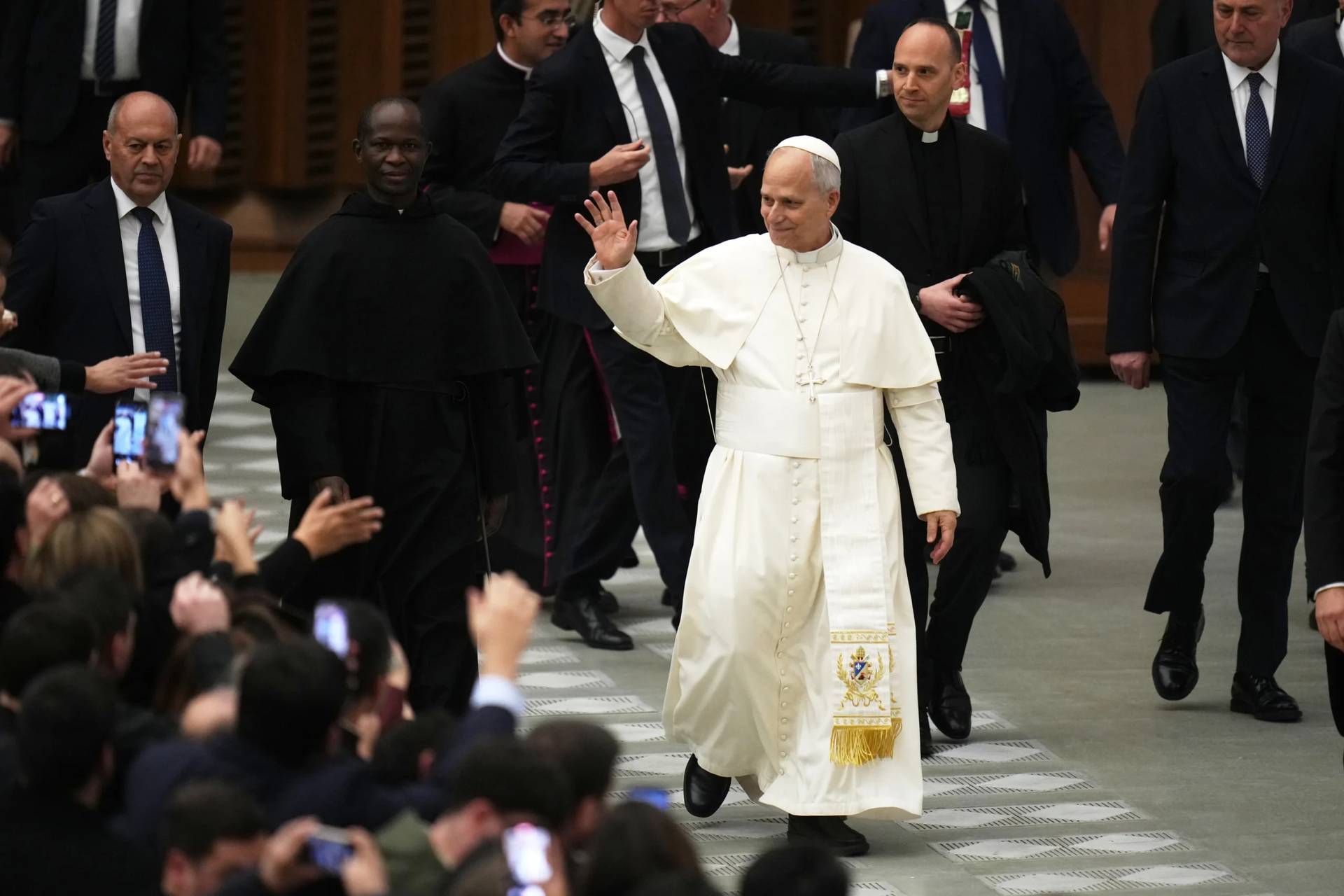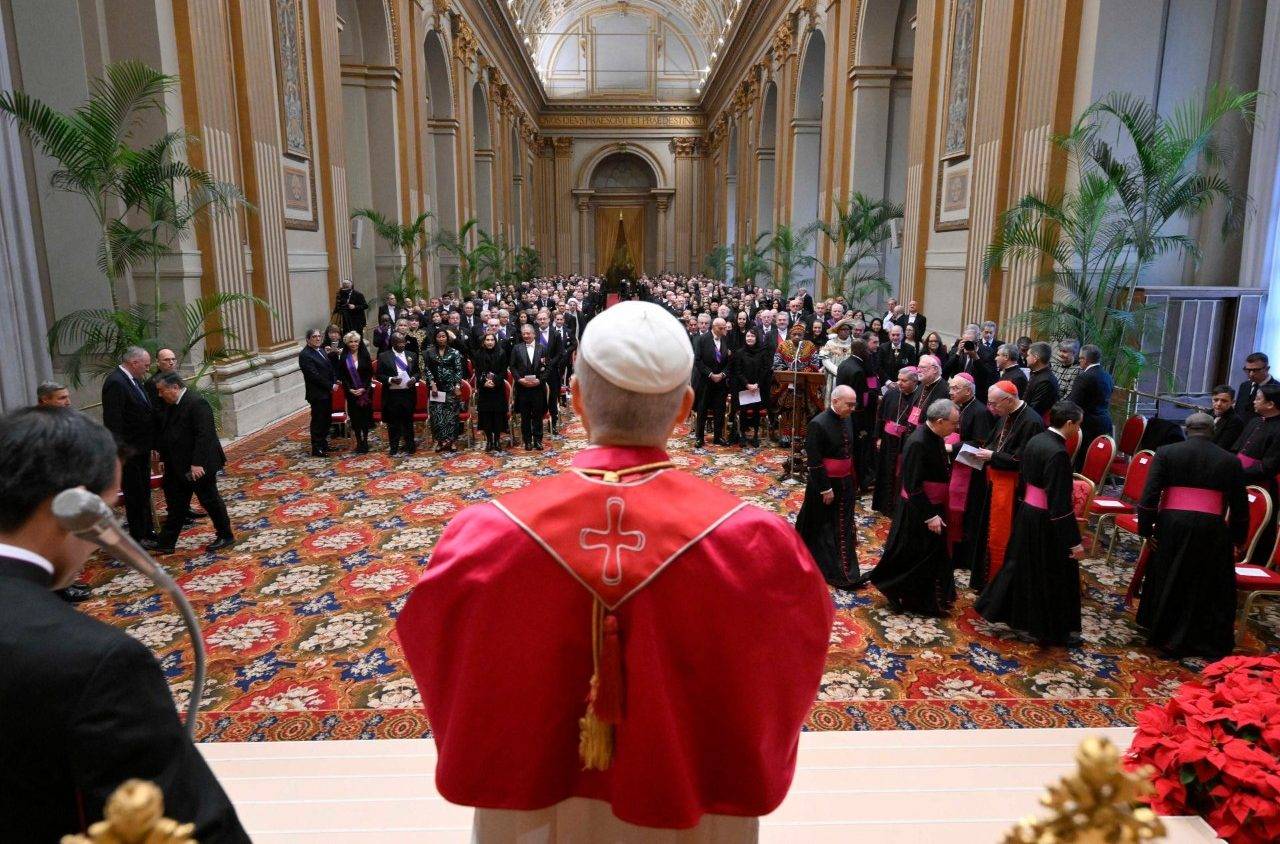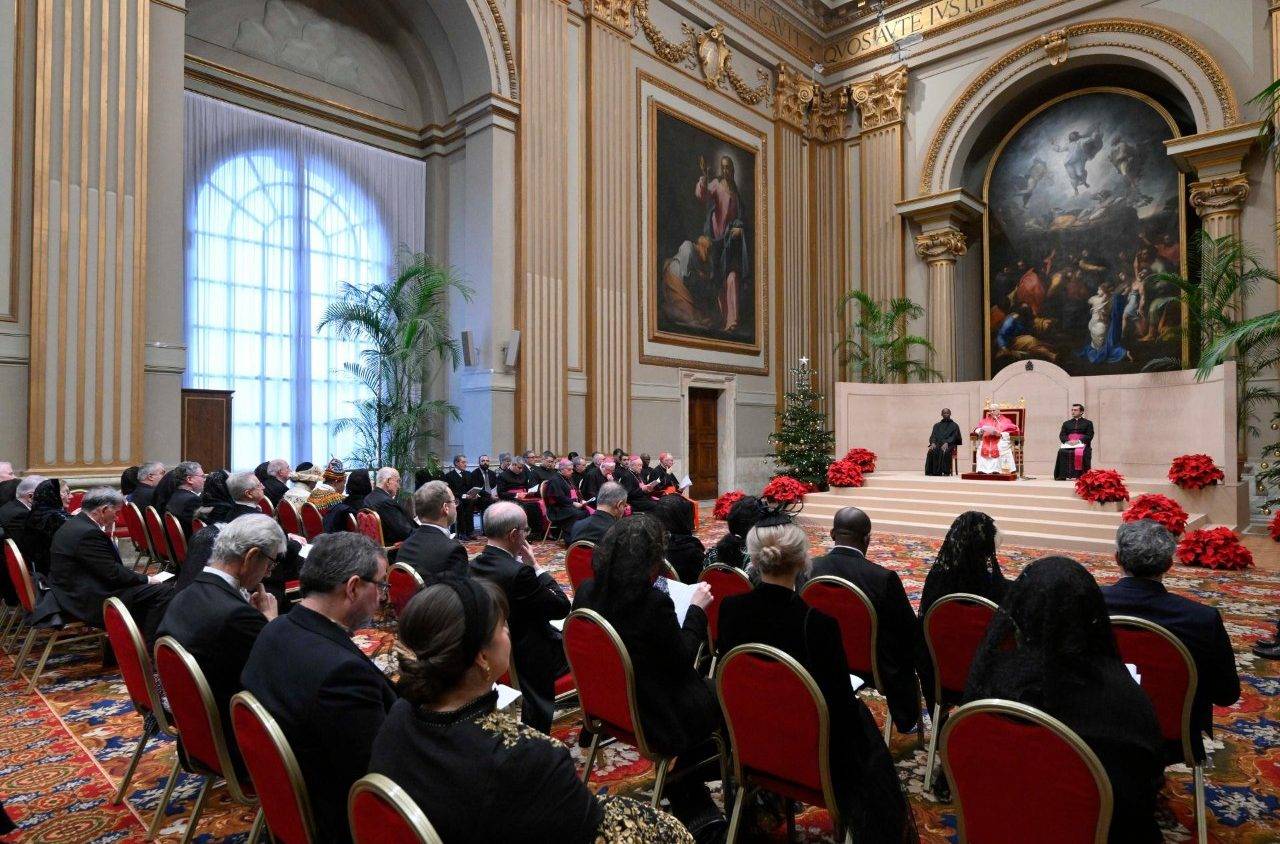Pope Francis has put his stamp on yet another Vatican institution, with the appointment of a new president of the Pontifical Academy of Sciences: A person known more for his work in the field of sustainable development and food security than in the laboratory.
German Joachim von Braun has served as director of the Center for Development Research (ZEF, based on its German acronym) and professor of economics and technological innovation at the University of Bonn.
Before taking up his current position, he was director general of the International Food Policy Research Institute (IFPRI) headquartered in Washington.
The Pontifical Academy of Sciences is considered one of the most prestigious organizations in the world of science, and several Nobel laureates – including Max Planck, Otto Hahn, Niels Bohr, and Erwin Schrödinger – have been members. It’s membership has always been open to non-Catholics and even non-believers.
The academy was officially established by Pope Pius IX in 1936, although it is the successor of a much older organization – the Accademia dei Lincei – which was established in 1603, and included among its members Galileo.
Although the academy has often discussed such heady topics as the ethics and politics of science, epistemology, and bioethics, its deliberations usually have not been in the headlines of even the Catholic press.
Being in the Academy of Science was more about the prestige of being a member, not the academic papers and conclusions which came out of their meetings.
Since the election of Francis, who has always opposed a “self-referential” Church, this has begun to change.
Soon after Francis became pope, the Academy of Science began co-sponsoring various conferences with the Pontifical Academy of Social Sciences on topics such as climate change and human trafficking.
The two institutions share the same chancellor, Argentine Bishop Marcelo Sanchez Sorondo, and he has been seen as the prime mover in getting the Academy of Science engaged in subjects that might have previously been considered too controversial, or even outside its remit.
Von Braun is the ideal choice to continue along this same path, a role he seems to relish.
“It is of crucial importance for the [Pontifical Academy of Science] to tackle the relevant issues facing humanity today, and try and solve them in an appropriate manner,” he told Vatican Radio.
He said the relevant issues are poverty, hunger, inequality, and injustice; and particularly the destruction of the environment and nature.
“The academy has already been very active on these topics and will certainly be more so in the future,” von Braun said.
“The topic of poverty and sustainable environment is where I would like to focus as president, in cooperation with my colleagues at the academy,” adding that “academicians from diverse science backgrounds can view these problems in new ways and offer solutions to overcome them.”
Leading such interdisciplinary efforts is not a new task for von Braun: The IFPRI was tasked with working to end world hunger and malnutrition, and used different disciplines – economics, agricultural science, medicine, and others – to try and solve the various problems which can affect food security.
The ZEF, which he currently heads – and previously served as the founding director – brings together both natural and social scientists to seek science-based solutions to development-based problems.
Von Braun has spent his career seeking solutions to famine, underdevelopment, and rural poverty, while previous presidents of the academy have usually come from the traditional “hard” sciences, such as biology, physics, and chemistry. The outgoing president, Werner Arber, is a microbiologist who won the Nobel Prize in Medicine.
In fact, von Braun’s field – agricultural economy – is at the intersection of the hard sciences and social sciences, meaning he will be well-suited to the collaboration with the Pontifical Academy for Social Sciences which has become routine under this pontificate.
He is also comfortable around the movers and shakers in the world of politics, serving as the president of the German government’s Council for Bio-economy, as well as serving on various international advisory panels and being a regular participant at various conferences sponsored by the United Nations.
He has even been a speaker at the World Economic Forum in Davos, the ultimate club for the rich and powerful.
Like his predecessor Arber, von Braun is also a Protestant, which the new president said demonstrated the “independent and modern approach” of the Vatican in choosing the head of the academy.
It is also in line with Francis’s emphasis on engagement and dialogue between the Church and the world, and the role he sees the Pontifical Academies playing in this conversation is starting to take shape.
RELATED: Academy for Life no longer an ‘enclave of the ideologically pure’
The Pontifical Academies – a group of 10 institutions covering a variety of topics from Mariology to Latin – have long been known to be on Francis’s list of Vatican offices in need of reform.
They have long been odd ducks, with some – such as the Academies of Science and Social Sciences – having international prestige beyond the confines of the Church, and others – such as the Pontifical Academies for Fine Arts and ‘Cultorum Martyrum’ – existing in their own little world, with few even in Rome knowing what they do.
Francis has given a lot of attention and support to the Academy of Social Sciences, giving it the particular task of combating human trafficking; and with the appointment of von Braun, he has placed his man at the Academy of Science.
Just last week, the pope finished a complete overhaul of the Vatican’s Academy for Life, appointing non-Catholics and even members who do not fully conform to the Church’s teaching on life issues, in an effort to “build a consensus” with others.
Francis seems to want these academies to be places where people of good will can come together and seek solutions to common concerns, while agreeing to disagree on other points.
The other academies might not be lucky enough to get such makeovers.
Many of the academies have functions which overlap with other Vatican institutions, even other pontifical academies: There is both an Academy of Theology, and an Academy of St. Thomas (for Thomist theology), neither of which is as prestigious as the Vatican’s International Theological Commission.
Some are even vestiges of the Papal States.
The Academy for Roman Archaeology, for example, for years worked to protect ancient buildings in Rome when the popes were secular rulers. Now the Italian state serves that function, and there is both a Pontifical Commission for Sacred Archaeology and a Pontifical Institute of Christian Archaeology (a degree-granting academic institution) dealing with church-related archaeology in the city.
It could be argued the academy still exists for one reason: It has always existed.
Which might not be enough to continue under Francis’s reform, where being relevant is necessary for survival.












